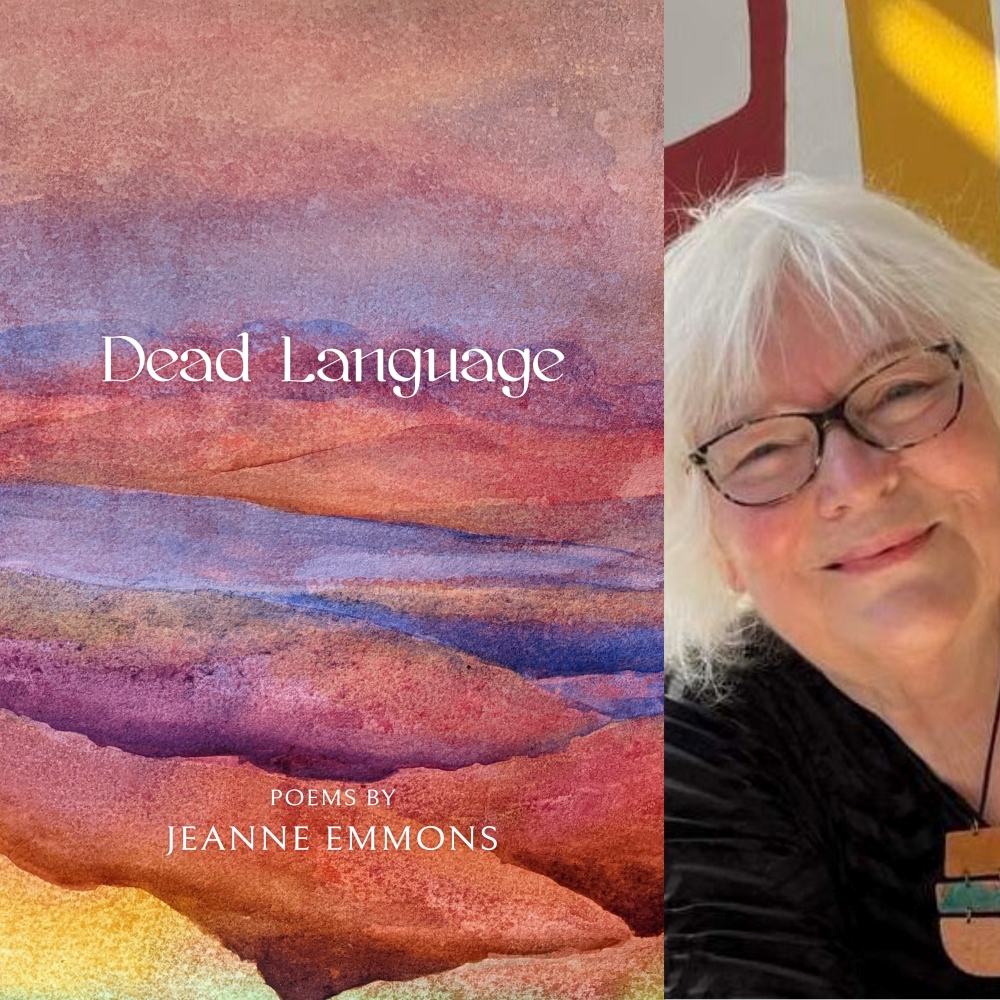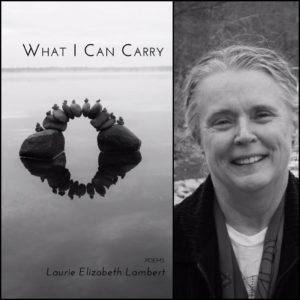In her book Dead Language, Jeanne Emmons brings to life, with poems born in the heart, her journey through the Underworld of grief, after the loss of her mother. Like the river Styx she must cross, the strong current of her troubled, fearful, yet brave voice—interweaving images from her life with visions from classical myth and art—flows with ever surprising turns, questions, insights. Reading these meditative lyrics, we walk at her side, feel her struggle to accept death, the pain of relentless searching for her mother’s soul, and her own. “. . . there was always some / centrifugal force of faith, that counterweight / that meant a person could fall and rise again.” For Emmons, these intimate poems are a way to resist Lethe’s forgetfulness, to heal, to keep her mother alive in memory. They are an open hand to each of us learning to live with loss of our own.
–Michael S. Moos, author of The Idea of the Garden
I’m not a fan of Latin or a lover of Virgil, but Dead Language left me spellbound. The power of Jeanne Emmons’ pursuit of her mother via dream, memory, and elegy etches a path all readers will willingly follow. Texts and tropes collide to create an ever-expanding narrative of grief, even as the book’s formal qualities attempt to contain it. And yet, with its gorgeous fusion of ekphrasis and literary response, this collection is as much about seeking—seeing a mother as fully human—as it is about marking loss. Dead Language is a brilliant book. It unravels me with every read, but never have I felt more grateful to be wrecked by words: “In these milky waters I am out of my depth, /but nothing is erased.”
–Christine Stewart-Nuñez, author of The Poet & The Architect
More than a book of poetry, Jeanne Emmons’ Dead Language is a travelogue that follows the speaker on a journey to find her dead mother. Through Emmons’ lush language and stunning imagery, we feel sharply the speaker’s love and grief as she travels from intimate memories of her mother, such as a fleeting scent of Tabu perfume, or a time when “I stood in the kitchen…and watched you wash your hair,” to her search through a garish underworld, where a neon sign blinks “Abandon All Hope…” or the boatman on the River “Sticks” now wants “folding money” instead of the traditional coin. And though the speaker catches occasional glimpses of her mother, she ultimately finds “only the dark grotto of memory and regret” and makes peace with “an entire ocean of forgetting.” In the end, Dead Language reminds us, with great tenderness, powerful sadness, and a glimmer of hope, that we are all destined to “underlie” each other on this same epic journey, “to the last daughter, whom all others underlie, who will not lie curbed underground, but free, beneath the open sky.”
–Marcella Remund, author of The Book of Crooked Prayer






Reviews
There are no reviews yet.